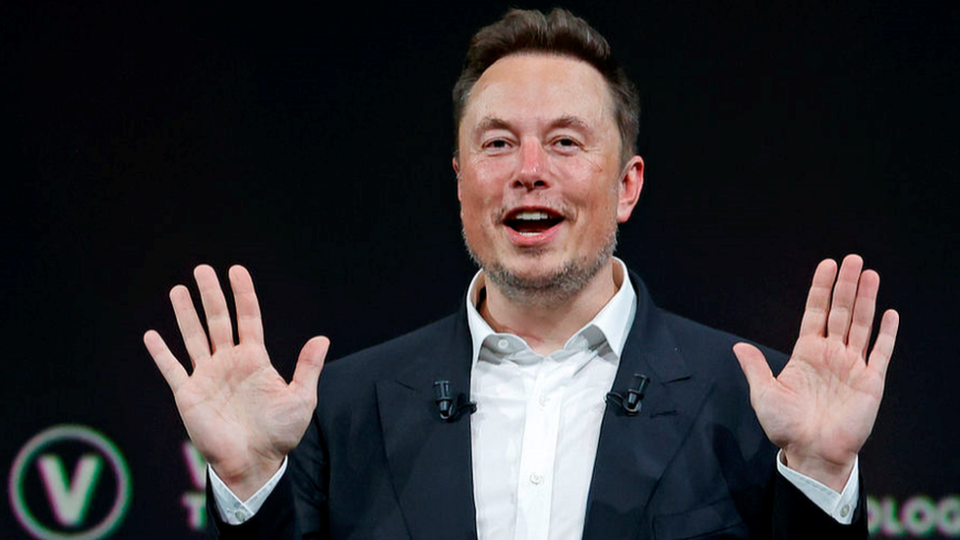Elon Musk has drawn significant attention for publicly sharing the names of federal employees, prompting concerns over harassment and intimidation among those in government service.
In recent posts, Musk, in response to public comments about the federal workforce, highlighted individuals involved in climate initiatives, raising alarm among political observers and civil rights advocates. His actions have intensified fears about making public servants targets for backlash from his supporters.
During the campaign, Musk has been vocal about his desire to see cuts to the federal government, asserting that such reforms are necessary. However, this rhetoric has taken a darker turn as he has used social media to name specific employees, leading to a surge of threatening commentary directed at them online.
One former federal employee, who previously faced Musk’s criticism, described the severe backlash she received after being targeted, including death threats that forced her to relocate. This scenario underscores the potential dangers of public figures using their platforms to escalate grievances against individuals in government positions.
Amidst growing anxiety in Washington, experts on online harassment have observed a disturbing trend, indicating that Musk’s behavior exemplifies classic patterns of cyber intimidation. While expressing sympathy for the public servants involved, some argue that the real issue lies within the bureaucratic system that Musk criticizes.
Throughout this turmoil, some officials are already resigning in anticipation of the hostile environment, signaling a possible chilling effect among civil servants dedicated to their roles.
As the situation evolves, lawmakers and advocacy groups are calling for a reassessment of the responsibilities and conduct expected of high-profile individuals in order to maintain respect and safety within public discourse.




